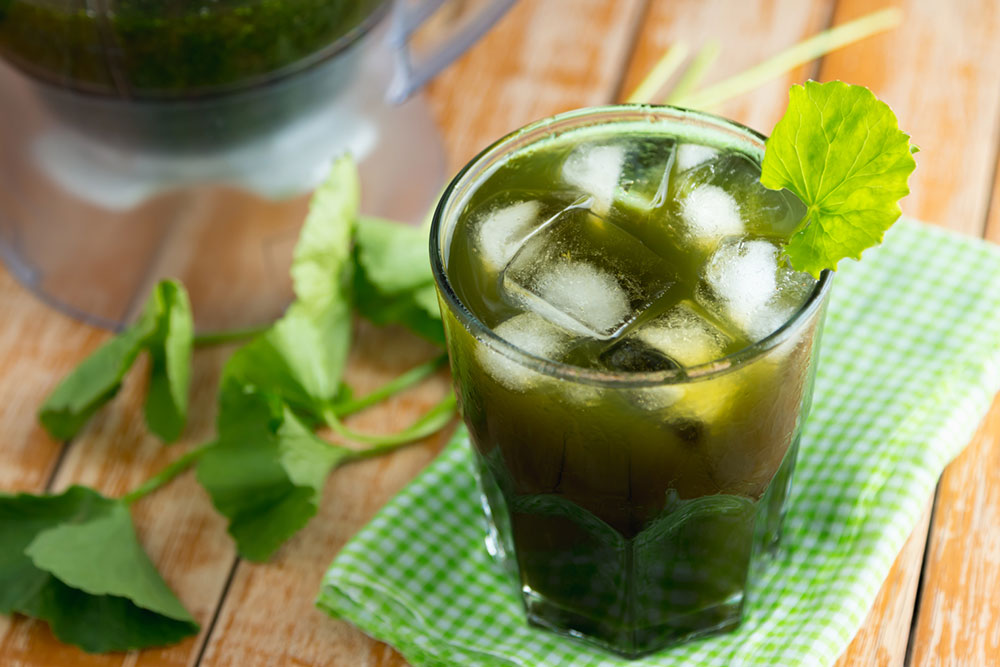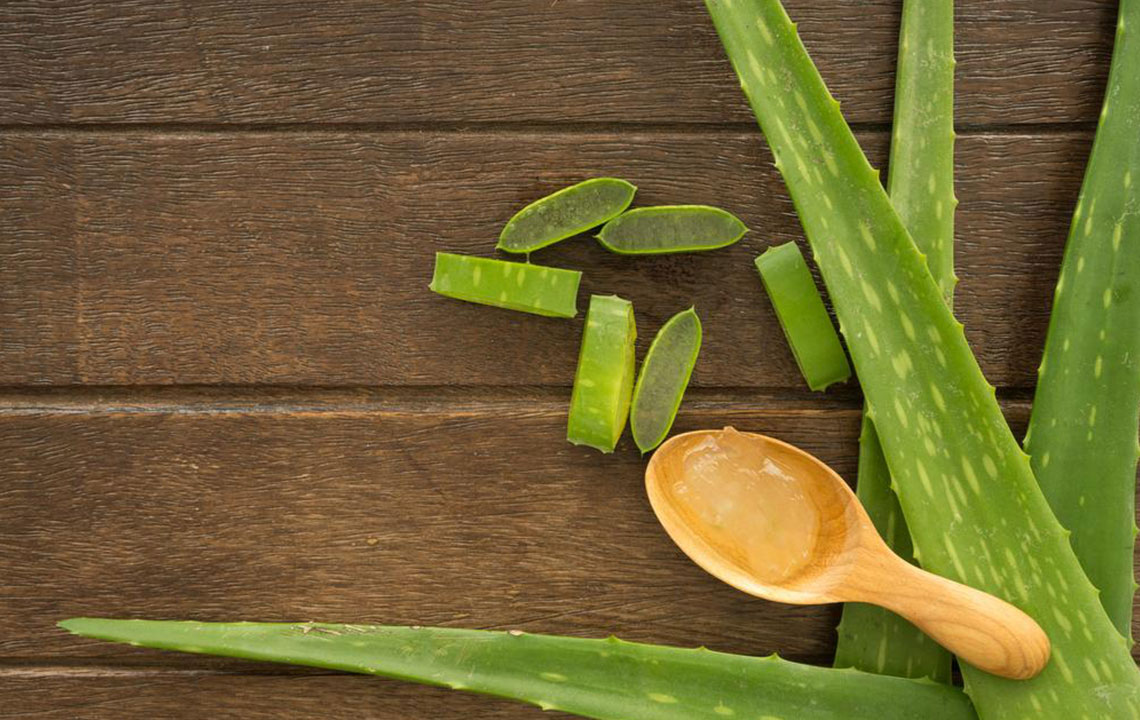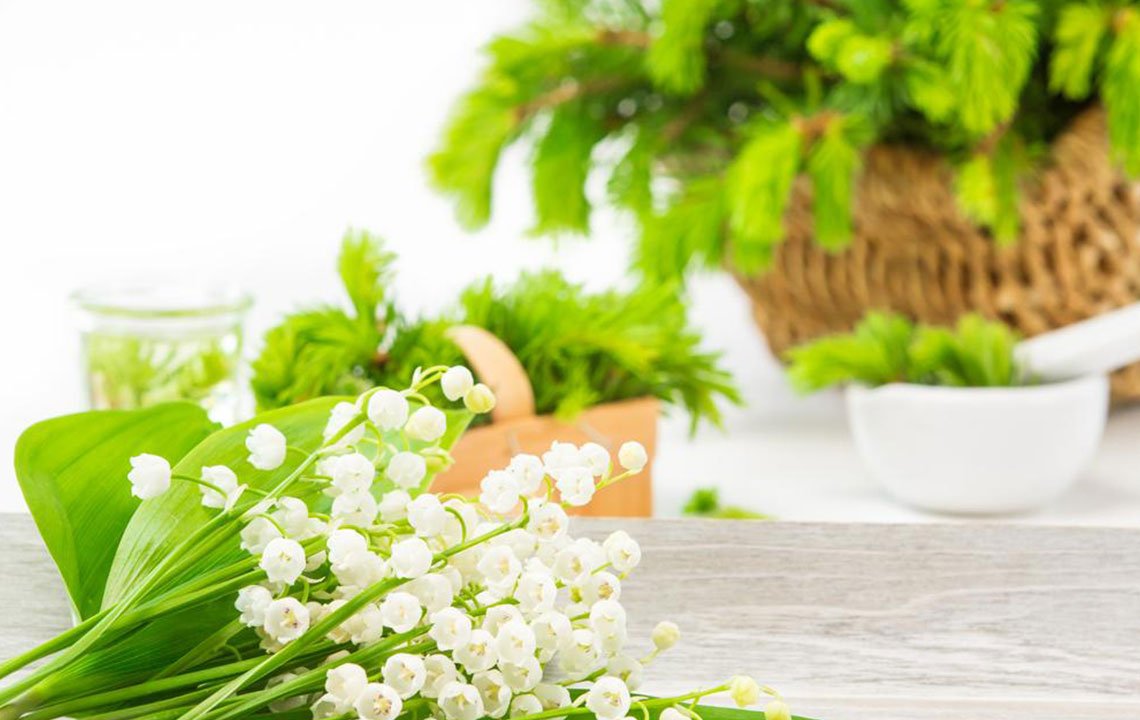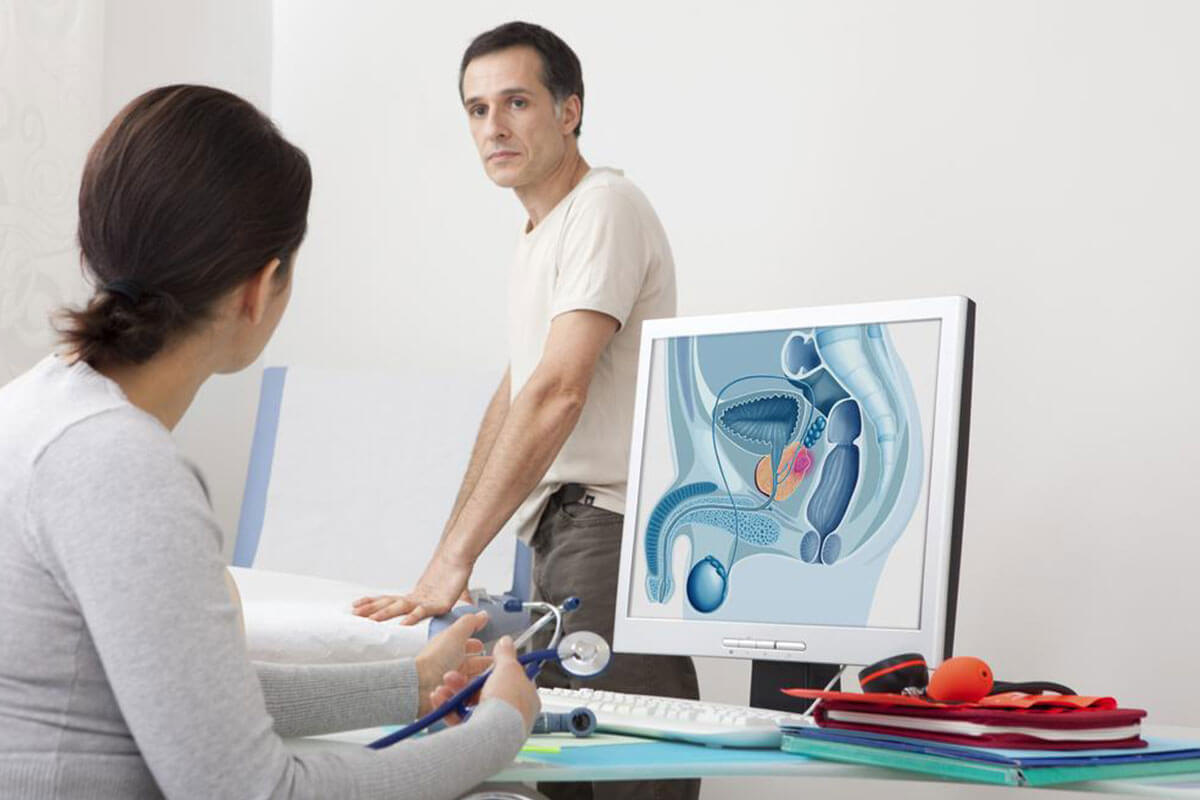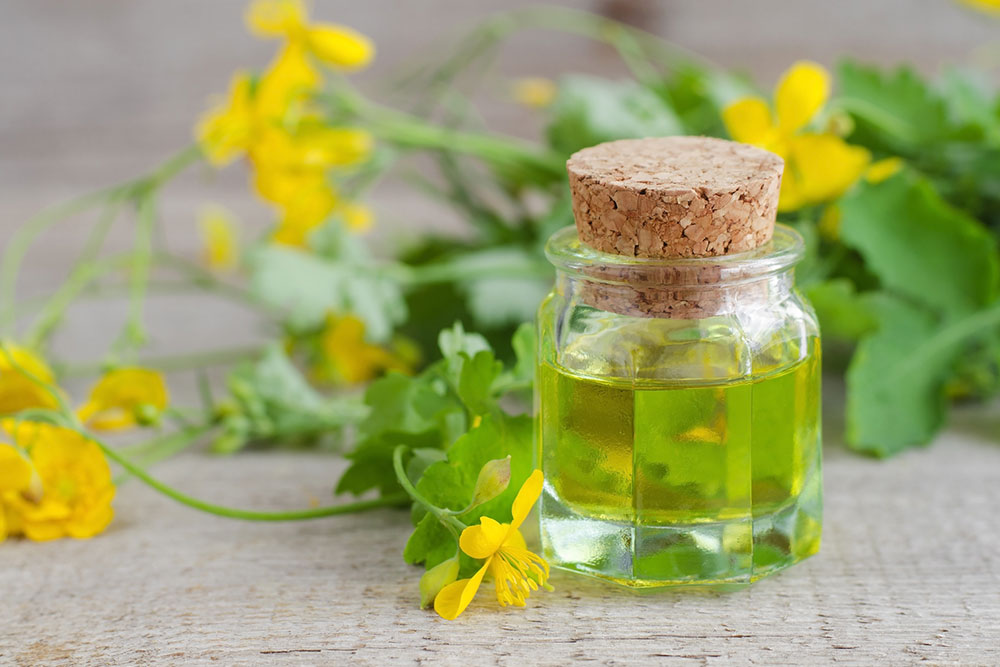Natural Strategies to Relieve Enlarged Prostate Symptoms and Improve Men’s Health
Discover effective natural remedies for enlarged prostate relief, including exercises, herbal teas, and lifestyle tips to manage symptoms and enhance urinary health. Suitable for men seeking safe, holistic approaches to prostate care, these methods are easy to incorporate into daily routines and support overall wellbeing.
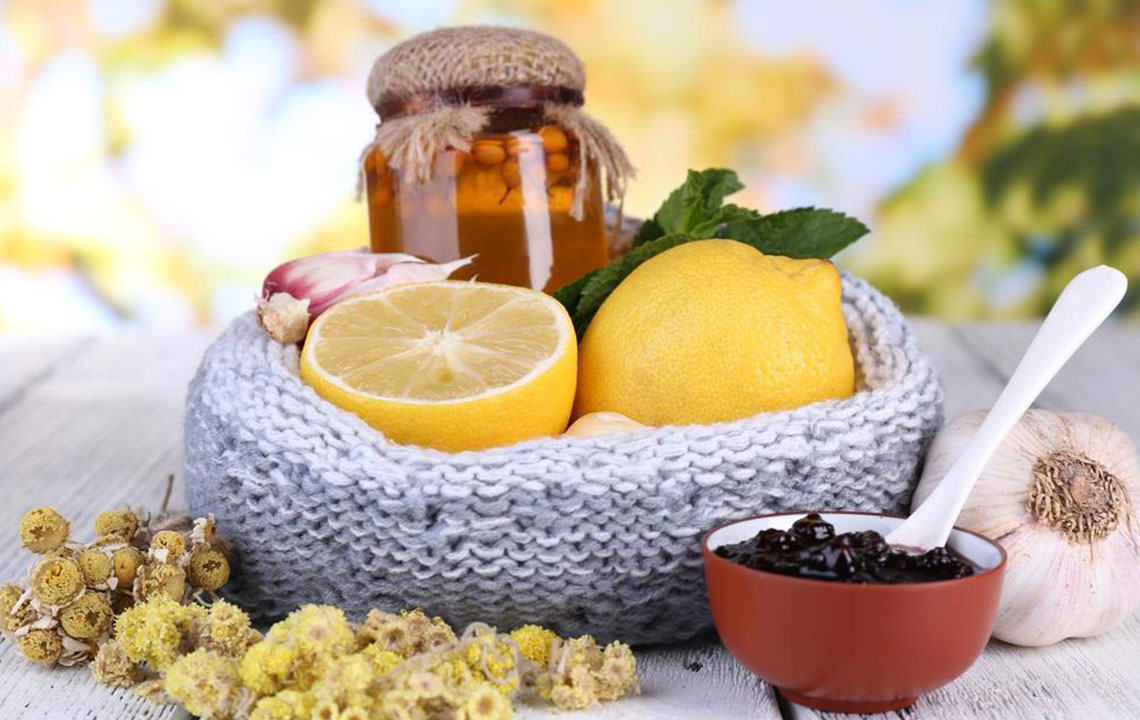
Comprehensive Natural Methods for Managing Enlarged Prostate and Enhancing Men's Well-being
The condition known as benign prostatic hyperplasia (BPH), or enlarged prostate, is a common health concern among men over the age of 50. While it’s crucial to differentiate BPH from prostate cancer, understanding the condition's causes and natural management options can help improve quality of life. The prostate gland, a small muscular organ encasing the urethra, plays a vital role in semen production. As men age, the prostate cells tend to multiply abnormally, leading to enlargement that can cause various urinary issues. Recognizing the symptoms and exploring safe, natural approaches can significantly ease discomfort and reduce potential complications.
In this comprehensive guide, we will explore a variety of natural remedies and lifestyle adjustments designed to help manage enlarged prostate symptoms effectively. These methods aim to relax the prostate, strengthen pelvic muscles, promote healthy urinary function, and address inflamed tissues—all without relying solely on medication or invasive procedures.
Understanding the importance of early intervention plays a key role in preventing serious health issues such as kidney problems, bladder stones, or urinary retention. Below, we delve into scientifically supported natural approaches that men can incorporate into their daily routines to support prostate health.
Kegel Exercises for Prostate Support
Kegel exercises, originally developed for women to strengthen pelvic floor muscles, are equally beneficial for men dealing with prostate enlargement. These exercises target the muscles that support the bladder and urethra, helping to improve urinary control and reduce symptoms of urgency and frequency. To perform Kegel exercises, start by emptying your bladder. Lie down comfortably, with knees bent and feet flat on the floor. Identify the pelvic muscles by imagining stopping urination midstream or tightening the muscles that prevent you from passing gas. Once you’ve identified the muscles, tighten them gently for about 5 seconds, then relax for another 5 seconds. Repeat this cycle 10-20 times per session. Aim to do this three to four times daily. Consistent practice can result in improved bladder control, reduced nocturia, and enhanced overall pelvic stability.
This routine is flexible and can be performed anytime during the day—whether sitting at work, lying in bed, or relaxing at home. Over time, stronger pelvic muscles can alleviate pressure on the prostate, decrease urinary symptoms, and support overall urinary health.
Enhancing Prostate and Overall Health with Regular Aerobic and Strength Training
An active lifestyle plays a pivotal role in maintaining prostate health and preventing the progression of BPH symptoms. Aerobic exercises such as brisk walking, jogging, cycling, swimming, or participating in sports promote good circulation, aid in weight management, and decrease inflammation—factors directly linked to prostate health. Engaging in at least 30 minutes of moderate-intensity aerobic activity several times weekly helps reduce urinary difficulties associated with prostate enlargement. Additionally, integrating strength training into your routine can bolster muscle tone, improve metabolic health, and support hormonal balance.
Exercise not only targets prostate health but also boosts overall vitality, mood, and immune function. Regular physical activity has been shown to lower the risk of prostate-related issues and other chronic health conditions such as hypertension and diabetes, which can exacerbate urinary problems.
Sitz Baths for Relaxation and Swelling Reduction
Sitz baths are a time-honored remedy for soothing inflamed tissues in the pelvic region. To perform a sitz bath, fill a bathtub or basin with warm water and add Epsom salts to promote relaxation and reduce swelling. Carefully sit in the warm water up to your waist and soak for about three minutes. Following this, prepare a cold sitz bath by adding a few drops of lavender oil to cold water and sitting in it for one minute. Alternating between warm and cold baths can stimulate circulation, ease muscle tension, and diminish prostate swelling. Performing this routine 2-3 times per week can provide symptomatic relief. However, individuals with bacterial prostatitis or active infections should avoid sitz baths unless advised by their healthcare provider.
Utilizing Nature’s Remedies: Stinging Nettle and Corn Silk
Natural herbal remedies have been used for centuries to promote prostate health. Two notable herbs are stinging nettle and corn silk, both of which support urinary function and reduce inflammation.
Stinging Nettle: This herb acts as a natural diuretic, helping to reduce prostate tissue swelling and facilitate waste elimination through urination. Prepare a simple nettle tea by placing a tablespoon of dried nettle leaves in hot water, simmering for about 10 minutes, then straining. Drinking 2-3 cups daily can help alleviate urinary symptoms. Additionally, nettle supplements around 300 mg per day are available, but consulting a healthcare professional before starting any herbal supplement is recommended.
Corn Silk: A well-known remedy in traditional medicine, corn silk is effective in relaxing urinary muscles and supporting healthy urination. To prepare, boil six ears of fresh corn silk in four cups of water for approximately 10 minutes. Strain and drink about three cups of this infusion daily to reduce urinary urgency and discomfort.
Apple Cider Vinegar: An Astringent Ally
Unfiltered apple cider vinegar (ACV) contains acetic acid that may help shrink prostate tissues and improve urinary flow. To incorporate ACV into your routine, mix one to two tablespoons with a tablespoon of honey in a glass of warm water and drink twice daily. This natural tonic can help reduce inflammation and support detoxification. Alternatively, adding a cup of ACV to a warm bath for 10-15 minutes provides soothing relief for prostate swelling and related discomfort. Regular use of ACV is generally safe for most individuals, but those with acid reflux or gastrointestinal issues should consult their healthcare provider before use.
Complementing these natural remedies with a healthy diet, hydration, and regular medical checkups can foster better prostate health and reduce the severity of symptoms. Managing prostate enlargement effectively involves holistic approaches that combine lifestyle modifications, herbal support, and proper medical guidance.
